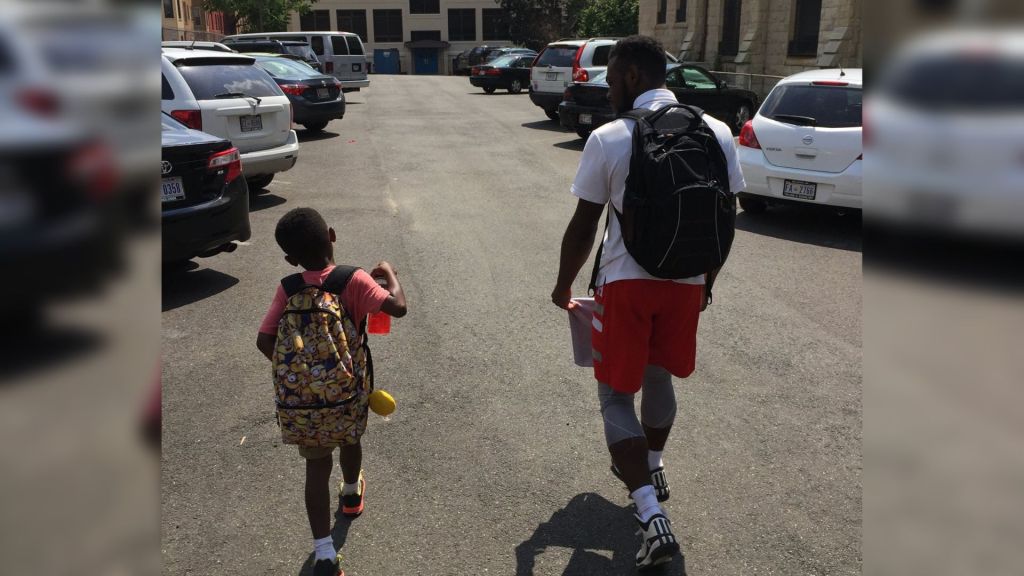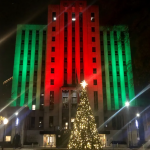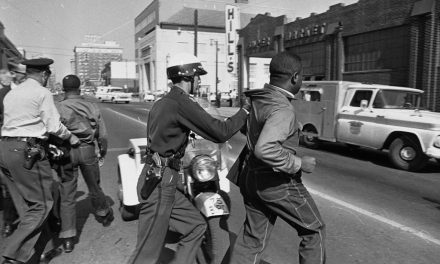By D. Kevin McNeir
Special to the AFRO
Each year mentors do incredible work to help the next generation find their path to success.

credit: Photo courtesy Youth Leadership Foundation
And while activities vary across the nation from one community to another, the goals remain the same: raise awareness of mentoring in its various forms; recruit individuals to mentor, especially in programs that have long waiting lists of young people; and promote the rapid growth of mentoring by recruiting organizations to engage their constituents in mentoring.
But at its core, according to Janaiha Bennett, executive director of the Washington, D.C.-based Youth Leadership Foundation (YLF), mentoring focuses on the individual.
“We don’t focus on the ethnicity of the youth we mentor because it doesn’t give you a good picture of the student, their expectations or from where they’re coming,” said Bennett who joined YLF in 2018 and lives in the Brightwood community in Northwest D.C. with her husband and their six children.
“Our job is to help youth discover who they are, to uncover their many dimensions and to help them and others see a more holistic view of the person they really are,” she said.
But how does that happen? Bennett said it’s all about developing relationships.
“We hold several Mentor Day events each year when we bring all of our mentors, who are volunteers, and their mentees together for meaningful conversations and different activities of engagement – from sporting events, even rock climbing, to board games like chess,” Bennett said.
“Everyone needs a mentor at some point in their lives – it’s been that way throughout the history of humankind. Youth have their own unique set of problems and challenges, and we know that when they have someone to talk to about their struggles – someone just a little older – it can make all the difference,” she continued. “We have about 40 mentors, most of whom are either in college or in the early years of their careers, so they’re between 18 and 26 years old. They undergo rigorous training so that they can help their mentees sort through their own experiences, set realistic and achievable goals and then chart a path that they agree to follow.
Bennett said the commitment of her mentors, mentees and staff are what really sets her organization apart.
Over the course of a year, YLF serves between 300 and 360 youth, boys and girls, whose ages range from 7 to 17. After-school, Saturday and summer programs are in neighborhoods based in Congress Heights, Anacostia, Brookland and Columbia Heights. Schools they serve include Washington School for Girls and several K-8 schools that are part of the Catholic Consortium: St. Augustine, St. Anthony, St. Francis Xavier and St. Thomas More.
Bennett remembers one nine-year-old boy who found himself struggling at home who turned to his mentor for help.
“During the pandemic with schools closed, one of our mentees went to his mentor because things were so tense at home,” she said. “His grandmother was the head of the house, and it was crowded, it was noisy, and it was unkept. Being housebound was making it very difficult for the child. So, his mentor suggested that they set some goals, one of which was helping his grandmother by washing the dishes for one week.
“His grandmother was touched and from that one week, the little boy helped change the tone in their home. Others in the house stepped up to help, too. He learned that he did not have to just be the subject of his circumstances,” said Bennett. “He learned that he could make a tangible contribution that impacted him and the others in his home. It was a powerful experience.”
For more information on Youth Leadership Foundation visit www.helpingkids.org.
The post How the Youth Leadership Foundation’s mentoring program helps D.C. students achieve successful outcomes appeared first on AFRO American Newspapers.










